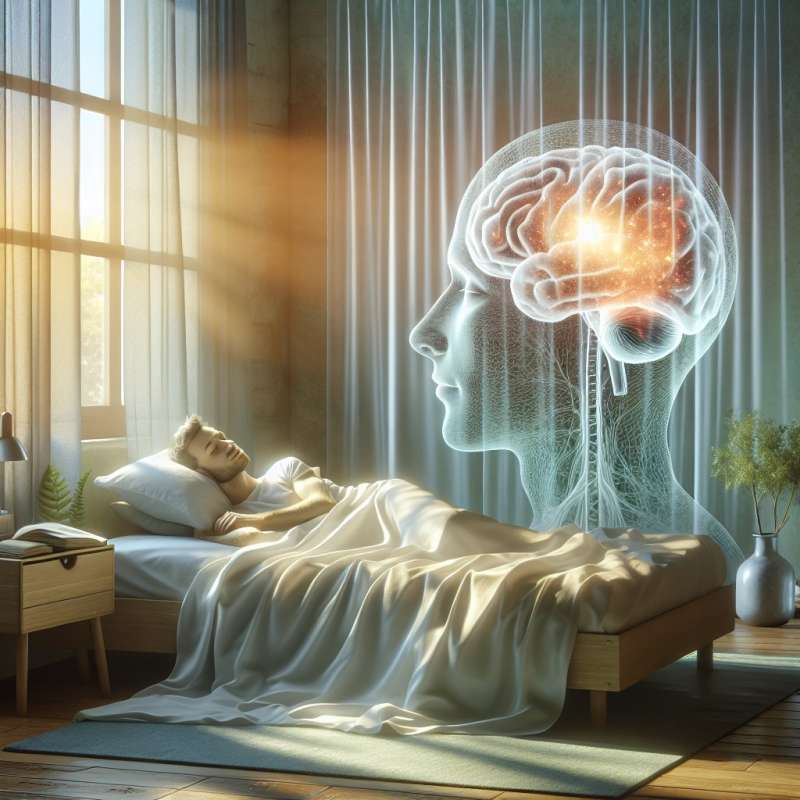
Sleep: Brain's Silent Custodian
During sleep, the brain clears out harmful waste products accumulated during waking hours. This nightly detox, facilitated by the glymphatic system, is crucial for maintaining cognitive functions.
Sleep Spurs Neural Connections
Sleep strengthens neural connections that form our memories and learning. The consolidation process during REM sleep is pivotal for transforming recent experiences into long-term knowledge.
Emotion Regulation and Sleep
Adequate sleep is essential for emotional balance. It helps regulate the amygdala, the brain's emotion center, ensuring appropriate responses to stimuli. Lack of sleep can lead to heightened emotional reactivity.
Sleep Deprivation Consequences
Chronic sleep deprivation can result in a decline in cognitive performance, mirrored by decreased activity in the prefrontal cortex. This impairs judgment, problem-solving, and attention.
Dreaming: Mind's Creative Play
Dreams, occurring during REM sleep, play a role in problem-solving and creativity. They can consolidate learning and help process emotions, potentially revealing insights into our subconscious.
Sleep's Role in Neuroplasticity
Sleep promotes neuroplasticity, the brain's ability to reorganize itself by forming new neural connections. This is fundamental for recovery from brain injury and adaptation to new learning and experiences.
The Sleep-Immunity Link
Sleep and the immune system are closely linked. Proper sleep can bolster the immune response, while chronic sleep issues may lead to a weakened defense against illnesses, affecting overall brain health.Sleep's Unexpected Danger
Fatal Familial Insomnia is a rare genetic disorder that causes complete sleeplessness, leading to death within months to a few years.
What detoxifies the brain during sleep?
Neural connections strengthening
Amygdala activity
Glymphatic system
Company